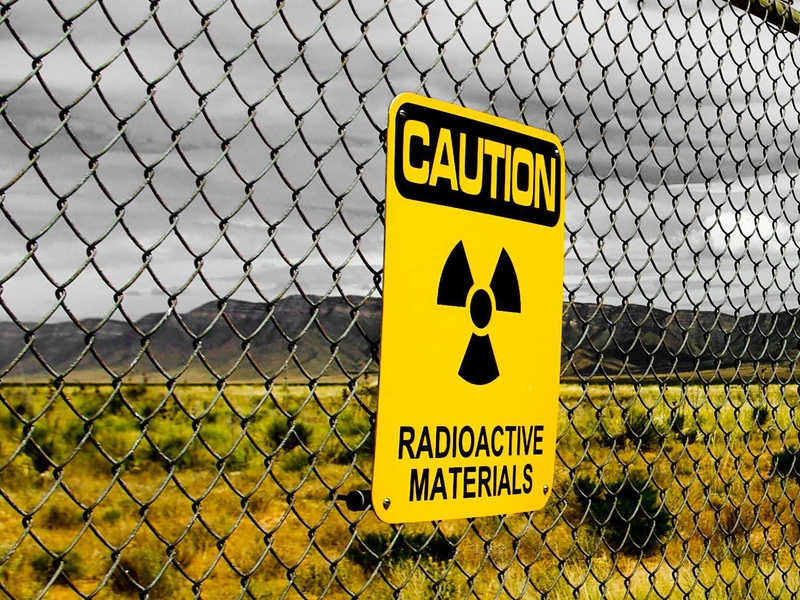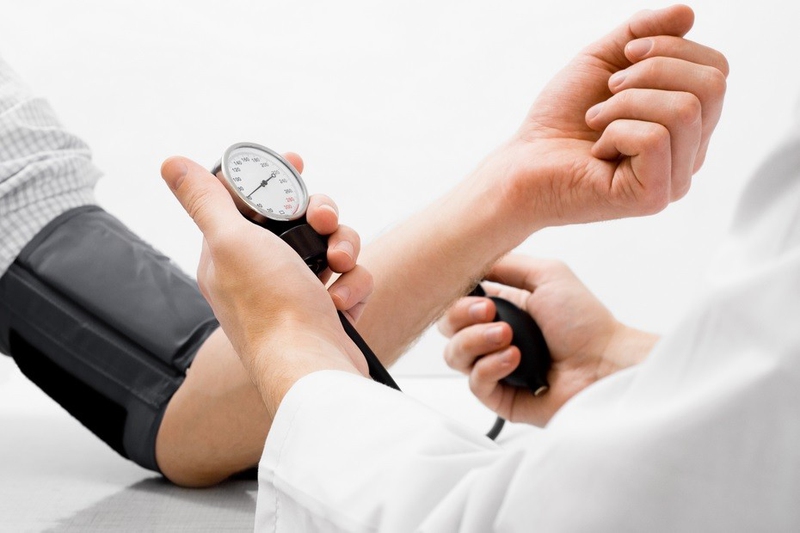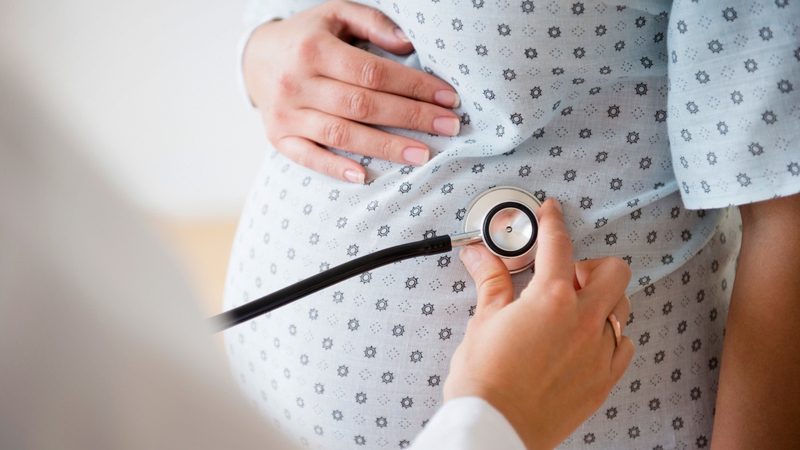Vitamin D offers a lot of benefits to the body that is why it is important that a person gets enough of it. This vitamin is actually a steroid hormone produced from cholesterol when the skin is exposed to sunlight. This is why it is also known as the “sunshine vitamin”. People who do not get enough sunlight usually get their vitamin D from the food they eat or through food supplements. But what really makes vitamin D so special? What does it do for your body? Here are 12 interesting things that the sunshine vitamin does to you.

What Does Vitamin D Do?
Fight depression
According to research, vitamin D is capable of regulating the moods of a person and helps prevent depression. There were also studies conducted wherein depressed patients who were given vitamin D displayed lesser symptoms of their condition. In another study, it was found that patients with vitamin D deficiency also experienced anxiety and bouts of depression.
Prevent heart disease
According to Healthline, there was a study conducted wherein the subjects were asked to take a daily dose of the vitamin. The results showed no significant weight loss but their heart disease risk markers were improved.
Help prevent cancer
According to the National Cancer Institute, there is no solid proof that vitamin D prevents cancer, but there are data gathered says that the sunshine vitamin may have “mild” anti-cancer properties. Experts also suggest that sufficient vitamin D levels in the body helps prevent several diseases such as autoimmune diseases and infectious diseases.
Help prevent muscular sclerosis
If your family has a history of muscular sclerosis, help yourself to prevent this condition from conquering your life by getting your daily dose of vitamin D from sunlight, diet or food supplements. Vitamin D strengthens the immune system making muscular sclerosis at bay.
Protect against radiation
According to experts, vitamin D is essential to protect you from all sorts of exposure with radiation. So, another answer to the question “What does vitamin D do?” is that it helps keep you away from harm in radiation crises like the one that happened in Tokyo a few years back.
Aid in the absorption of calcium
Calcium is always credited as the one responsible for strong bones and teeth, while this is true, the body can only benefit from calcium if there is sufficient amount of this mineral absorbed inside the body. Studies have proven that vitamin D is very important in facilitating the absorption of calcium in the body.
Make hair healthy
Since vitamin D is capable of alleviating anxiety, it can also help keep your hair strong by preventing hair fall due to stress. Vitamin D can also be found inside healthy hair follicles that’s why a daily dose of this vitamin can also make your hair healthy.
Improve your mood
This vitamin helps prevent anxiety, normalize an elevated blood pressure and prevent hypertension, which helps regulate mood and make a person maintain a happy disposition. So, what does vitamin D do for us? It is a happy pill, which makes your life happier, simple as that!
Prevent flu
A study was conducted wherein the subjects are children who were given a daily dose of 1,200IU of vitamin D for a period of 4 months during the winter season. The results showed that the children’s risk for influenza virus infection was remarkably decreased by 40%.
Reduce risk of diabetes
In a study for type 1 diabetes, infants who were given a daily dose of 2000IU of vitamin D exhibited an 88% lesser risk of developing the said disease by the age of 32. In another study, this time for type 2 diabetes, researchers found out that there is an inverse relationship between the disease and vitamin D levels in the blood. It is also found that the lack of vitamin D in the body may affect the insulin secretion and glucose tolerance of a person.
Promote healthy pregnancy
The levels of vitamin D are very important during pregnancy because it can greatly affect the mother and the baby. Low levels of vitamin D may put the pregnant mother at risk of preeclampsia, gestational diabetes and bacterial vaginosis.
With all the answers to “What does vitamin D do?” you should make sure that vitamin D levels during pregnancy should not be too high. Besides, high levels of vitamin D during pregnancy have been associated with incidences of food allergy during the first two years of the baby.




View All Comments /Add Comment